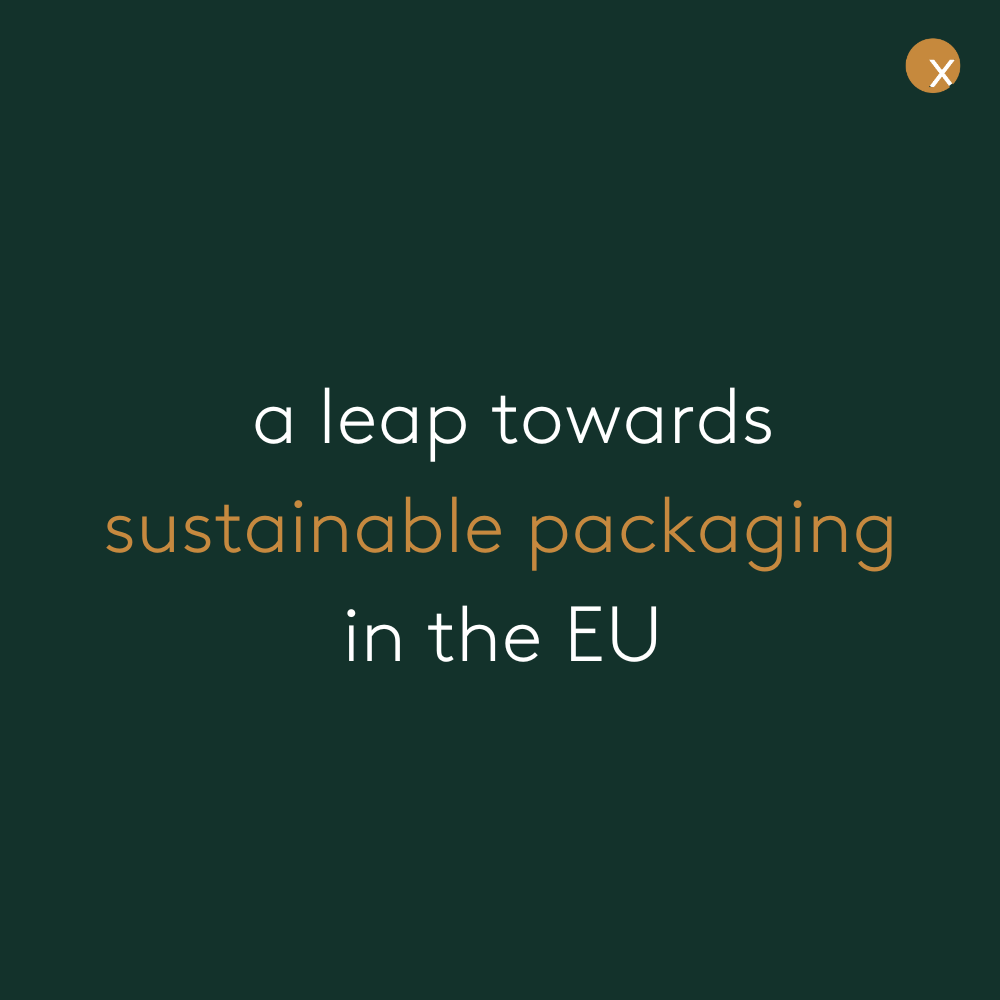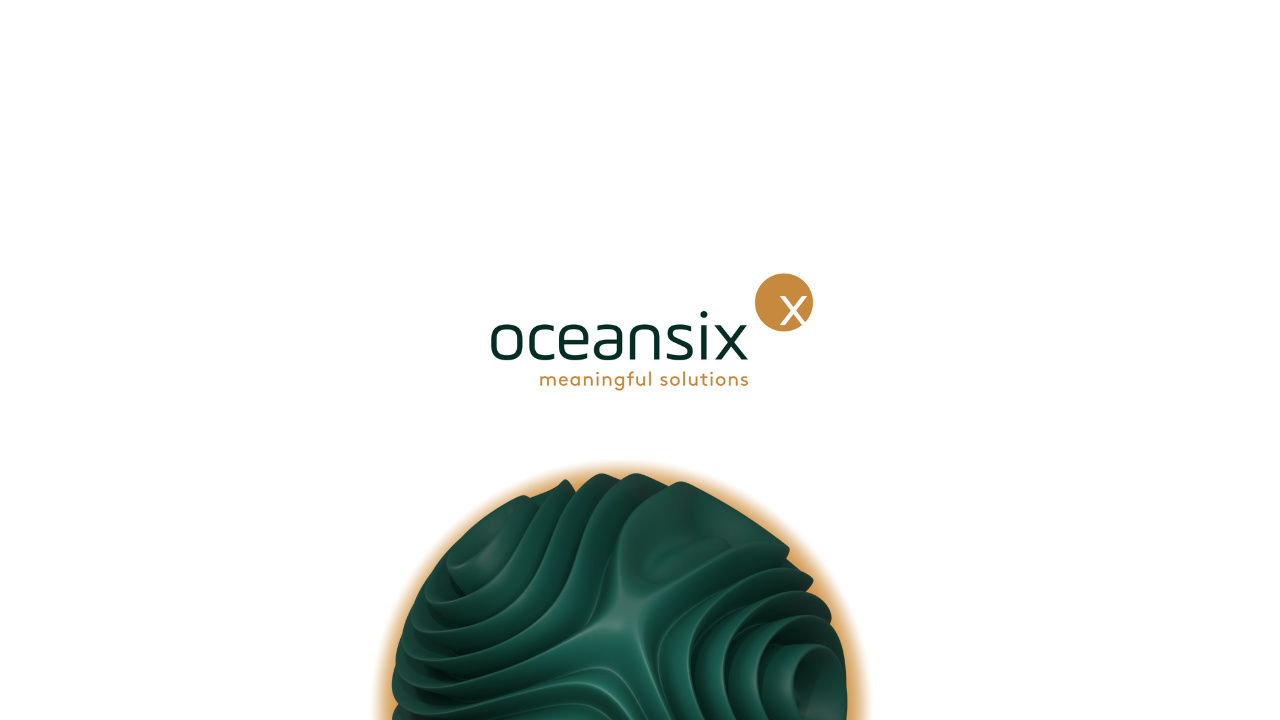The e-commerce industry stands at the peak of a significant transformation driven by the urgent need for sustainability and resource efficiency. With the European Union leading the charge through legislative updates to the Packaging and Packaging Waste Directive (PPWD), the spotlight is on adopting efficient reuse systems. These systems are essential for steering the e-commerce sector, one of the biggest creators of packaging waste.
Elevating Return Channels to their Right Position
Innovations in Return Logistics: The essence of an effective reuse system lies in its ability to offer user-friendly and economically viable return options. Innovative solutions like smart lockers and mobile app-based return scheduling are redefining convenience, making it easier for consumers to participate in reuse programs. A study by the Ellen MacArthur Foundation underscores the importance of such innovations, highlighting that effective return systems can enhance customer loyalty and reduce environmental impact.
Tackling CO2 Emissions Head-On: Addressing the carbon footprint associated with return logistics is crucial. The system can significantly reduce emissions by optimising route planning and leveraging electric vehicle fleets for collection and redistribution. Research published in the "Journal of Cleaner Production" demonstrates that optimising reverse logistics can lead to a 20-30% reduction in carbon emissions, underscoring the potential environmental benefits of efficient return channels.
What Do We Need for a Durable Packaging?
Design for Reuse: The concept of "Design for Reuse" is gaining traction, emphasising the need for packaging designs that facilitate multiple use cycles without compromising safety or functionality. This approach extends the life of packaging materials and encourages innovation in packaging design, as highlighted in a report by the World Economic Forum.
Harnessing Technology for Tracking and Optimisation: A robust data platform is indispensable for monitoring the packaging lifecycle and optimising the reuse system. Technologies like RFID tags and IoT sensors offer real-time tracking capabilities, providing invaluable data on usage patterns, return rates, and the condition of packaging. According to a study by McKinsey & Company, leveraging such technologies can enhance the efficiency of reuse systems by up to 30%.
Environmental and Economic Impact Analysis: Integrating data analytics into reuse systems enables a comprehensive assessment of their environmental and economic impact. Businesses can make informed decisions that align with sustainability goals by quantifying the benefits, such as reduction in waste generation and material savings. The International Journal of Life Cycle Assessment has published findings indicating that data-driven reuse systems can lead to a 40-60% reduction in environmental impact compared to disposable packaging solutions.
Europe's Legislative Leap Forward
The PPWD and its Implications: The European Commission's updates to the PPWD set a precedent for standardised, EU-wide practices in sustainable packaging. By enforcing reusable packaging and minimising waste, the directive not only aligns with environmental objectives but also catalyses innovation in packaging design and logistics. A report by the European Environment Agency highlights the directive's role in reducing packaging waste per capita, showcasing its potential to drive significant environmental improvements.
A Collaborative Path to Sustainability
Integrating efficient reuse systems in e-commerce deliveries is not just a regulatory requirement but a strategic imperative for sustainable growth.
By prioritising innovative return logistics, investing in reusable packaging, and utilising data analytics for ongoing optimisation, the e-commerce industry can transform its prevailing waste dilemma into a sustainable model that benefits providers, logistics operations, and consumers. Although this path is flush with obstacles nowadays, innovation, cooperation, and a dedicated purpose of change make it a venture worth taking.
Sources:
- European Union's Packaging and Packaging Waste Directive (PPWD)
- Ellen MacArthur Foundation
- Journal of Cleaner Production
- World Economic Forum
- McKinsey & Company
- International Journal of Life Cycle Assessment




